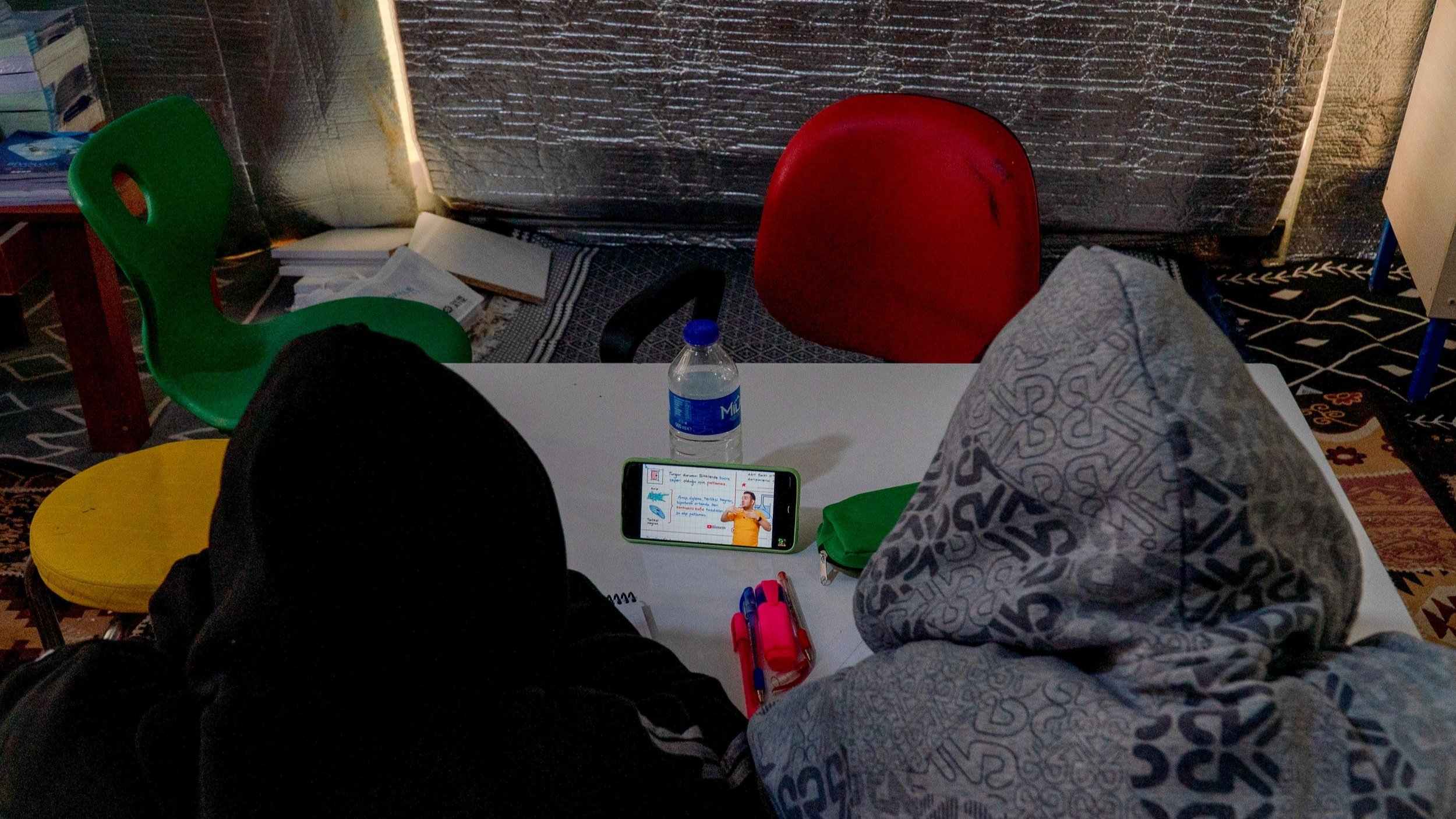Connecting communities: navigating information gaps and community trust in post-earthquake Türkiye
Two months since the devastating earthquake struck Türkiye, the full scale of the disaster is difficult to grasp – more than 50,000 lives lost, more than 200,000 buildings destroyed and millions of people displaced. An estimated $103 billion will be needed to reconstruct the 11 affected provinces of southeast Türkiye, equivalent to 9% of the country’s forecasted GDP for 2023. The response in Türkiye is further challenged by a backdrop of social unrest, with the ongoing election period and cost-of-living crisis triggering volatile political dynamics.
Rebuilding life in southeast Türkiye will take years. But affected communities cannot afford to wait for information and services that impact their lives now. As responders grapple with the complex humanitarian situation, here are key considerations to ensure everyone has access to timely, accurate and trusted information and two-way channels of engagement.
Address critical information gaps for diverse affected people
Recent reports show that, for affected communities in Türkiye, information regarding access to services including education, healthcare, shelter and relocation is a top priority. The information gap is particularly glaring for people in remote areas, people with disabilities and women, all of whom face specific challenges to accessing information.
The diversity of the affected population is the first aspect that responders should consider when designing and implementing their communication and engagement strategies. The affected people have different cultures, languages and vulnerabilities. The response must take into account this diversity and ensure that communication and engagement strategies are culturally sensitive, gender-sensitive and inclusive. This requires engaging with the communities, listening to their needs and designing appropriate interventions that meet their expectations.
Analyse, monitor and adapt to changes in people’s trusted sources of information
Misinformation, disinformation and rumours spread quickly during a crisis. Within hours of the earthquake, the International Federation of Red Cross and Red Crescent Societies (IFRC) found conspiracy theories circulating rapidly among affected communities in Türkiye, particularly on social media channels. With the current response context affected by the political and social atmosphere, people’s access to reliable information from trusted sources may have reduced even further.
It is vital that responders continue to prioritise monitoring rumours in multiple languages and maintain a continuous cycle of listening to identify rumours, verifying facts and providing accurate and accessible information. Monitoring and analysing how people’s preferred and trusted sources of information change as the situation evolves, and adapting communication and engagement strategies accordingly, is crucial.
Prioritising the use of multiple channels of communication to reach affected people has been the strategy of IFRC and Turkish Red Crescent’s Community Engagement and Accountability (CEA) Team, starting from day one of the earthquake response. The team has found that effective community engagement and accountability are crucial in building trust, creating strong social bonds, delivering effective assistance in a timely manner and opening channels for reliable communication.
Ensure safe, reliable and trusted channels for dialogue
During crises, it can be difficult for affected people to speak out about their needs or concerns. Response actors must ensure that two-way communication channels are safe, reliable and trustworthy, and that people can communicate confidentially with service providers. Engaging with traumatised people also requires sensitivity, empathy and patience. Responders can help people talk about their situation, expectations, frustrations and fears by building and maintaining trust through accessible and reliable channels.
Türkiye has a well-established communication infrastructure, with good mobile and internet coverage that allows for easy access to feedback from affected people. The IFRC CEA team has been collecting and analysing feedback data, relying heavily on secondary data gathered through social media channels so as not to exacerbate people’s existing trauma through interviews at the initial stages. Engaging local government institutions, community leaders, international organisations and local NGOs that were already active in the affected areas to lead on feedback mechanisms also strengthens understanding and builds trust among the communities.
Authors: Kenan Alper Kok, Community Engagement and Accountability Team Leader, Turkey Delegation, IFRC and Alyssa Thurston, Policy and Advocacy Manager, CDAC Network



